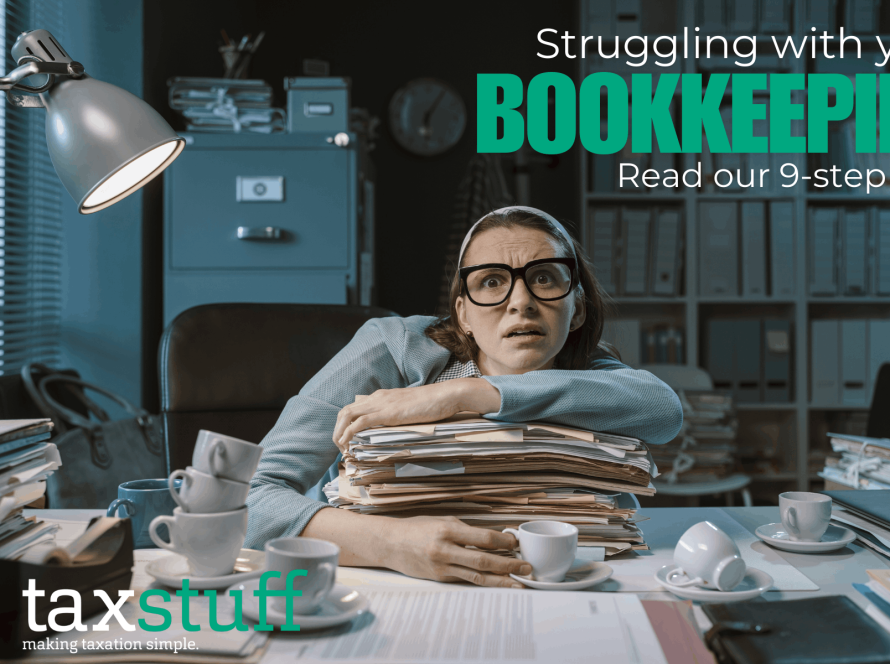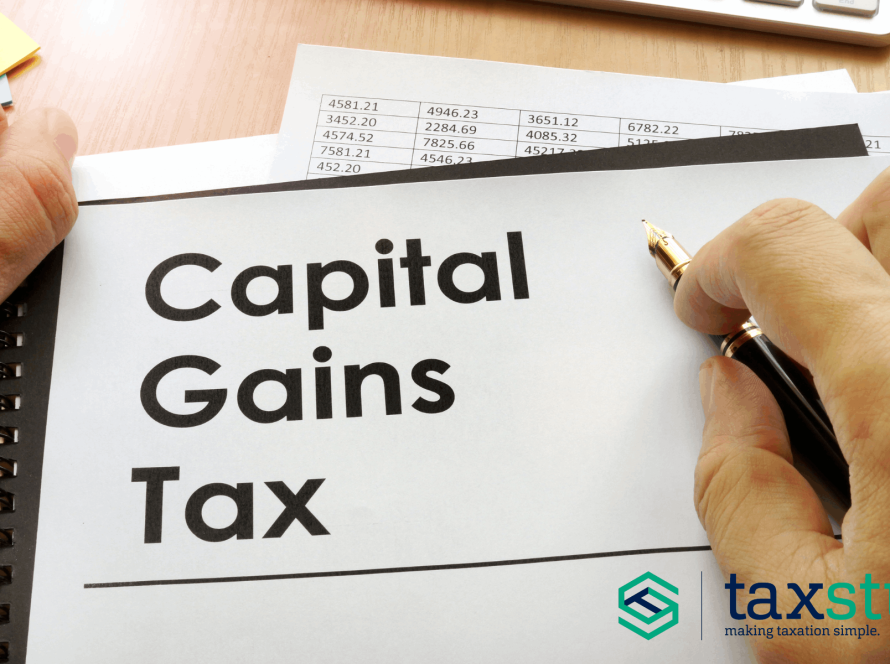How To Choose A Tax Accountant?
Choosing the right accountant is a critical decision for any individual or business, as this professional will play a significant role in managing your financial health and ensuring compliance with tax laws. This general guide will outline key considerations to keep in mind when selecting an accountant, helping you make an informed choice that aligns with your financial goals and needs.
- Qualifications and Credentials
The first step in choosing an accountant is to verify their qualifications and credentials. Ensure that the accountant is certified or chartered, which indicates they have completed a significant amount of training and adhere to professional standards. In Australia, look for a Certified Practicing Accountant (CPA), a Chartered Accountant (CA), or an accountant registered with the Institute of Public Accountants (IPA).
- Specialisation
Accountants often specialise in specific areas such as tax, auditing, business advisory, or superannuation. Depending on your needs, choose an accountant with expertise in a particular field. For instance, an accountant with a strong background in business accounting and tax planning might be ideal if you’re a small business owner.
- Experience in Your Industry
It is beneficial to collaborate with an accountant who has experience in your specific industry. Different sectors have unique accounting and tax implications, and an accountant familiar with your industry’s nuances can provide more tailored advice and identify opportunities or risks that others might overlook.
- Reputation and References
Research the accountant’s reputation. Read online reviews, ask for client testimonials, and consider recommendations from people you trust. A reputable accountant should be willing to provide references from clients with similar accounting needs to yours.
- Size of the Accounting Firm
Consider whether you prefer a large accounting firm or a smaller boutique firm. Larger firms may offer a wider range of services and have more specialists on staff, but smaller firms might provide more personalised service and quicker response times. Tax Stuff is uniquely positioned in the middle. We are a local boutique firm with a wide breadth of knowledge across industries and specialisations.
- Proactive Communication
Effective communication is crucial. Your accountant should be approachable and willing to explain complex financial matters in understandable terms. They should be proactive in communicating with you about potential tax changes, ways to optimise your finances, and regular updates on your financial status.
- Fees and Billing Structure
Understand how the accountant charges for their services. Some accountants charge an hourly rate, while others may offer fixed fees for specific services. Make sure you get a clear understanding of what the fees cover and whether there are likely to be any additional charges. Comparing fees among several accountants can help you find one that offers the best value for your needs.
- Availability
Consider the accountant’s availability throughout the year, not just during the tax season. You may need their advice on financial decisions or compliance issues at various times, so it’s important that they are accessible when you need them.
- Use of Technology
Check if the accountant uses modern accounting software and technologies that can integrate with your systems. This can streamline processes, improve accuracy, and provide you with real-time financial insights. An accountant who embraces technology is likely to be more efficient and capable of adapting to future changes in the accounting landscape.
- Alignment with Your Financial Goals
Your accountant should understand your short-term and long-term financial goals and demonstrate how they can help you achieve them. Whether it is growing your business, maximising investments, or planning for retirement, your accountant can provide strategic advice tailored to your objectives.
- Ethical Standards
Ensure that the accountant adheres to high ethical standards. This includes confidentiality, honesty, and integrity in all their dealings. An ethical accountant will act in your best interests and ensure compliance with all applicable laws and regulations.
- Personal Compatibility
Finally, consider your personal compatibility with the accountant. You’ll be sharing sensitive financial information and making important decisions based on their advice, so it’s essential that you feel comfortable and confident in their professional abilities.
Conclusion
Selecting the right accountant involves careful consideration of their qualifications, experience, specialisation, and how well they align with your personal and business needs. By taking the time to evaluate potential accountants based on these factors, you can establish a beneficial relationship that will support your financial success for years to come. After reading this article, if you need an Accountant or Tax Agent, please feel free to [Contact Us Here] today.





